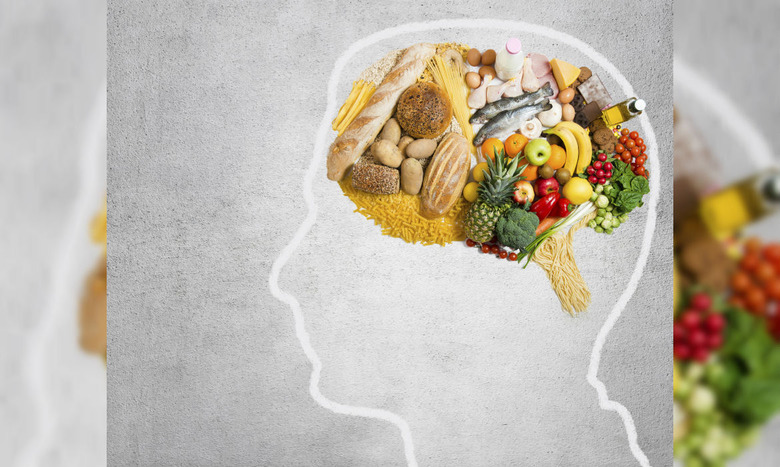How Stress Affects Your Appetite
It's not hard to see the oft-present connections between stress and eating. Maybe a recent breakup has you plowing through pint after pint of Ben & Jerry's. Perhaps your work load has recently increased, or you're having a tiff with your landlord over last month's rent. Whatever the cause may be, increased levels of stress certainly have an effect on your appetite.
Click here for the 7 Foods That Fight Stress slideshow.
When it comes to appetite, studies have shown the ways in which our brains automatically respond to increased stress levels. The immediate effects of stress usually won't set you into a fingers-in-the-container, eating-everything-in-sight downward spiral, though. In fact, the brain's first response to stress is quite the opposite — it wants to shut hunger down. Between the hypothalamus's release of appetite-suppressing corticotropin and an adrenal response putting your body into "fight or flight" mode, the brain factors hunger out of the "I'm stressed" equation. Longer periods of stress, however, elicit a different response.
When your brain perceives an ongoing state of stress, it releases hormones which stand between you and healthy food choices. Cortisol, released by the adrenal glands, can result in not only increased appetite but also a state of increased motivation. Along with the increase in both drive and hunger, the body will often crave foods high in fat or sugar. While these cravings may result in unhealthy eating habits, this response is common in humans and has an adaptive history.
Because our brain can't identify what our stressors are, it responds to varying sources of stress in the same way. Stress caused by an annoying neighbor is treated the same as stress stemming from being lost in the wilderness. Our brain wants our body to be fully prepared to fight for its life, so to speak. This explains why our bodies crave sugary and fatty foods — these foods have high calorie levels and will provide our bodies with the quick energy sources they crave. While it may be easy to reach for foods lacking in nutritional value, there are healthier ways to deter stress. There are also nutrient-dense ways to curb your cravings.
The accompanying slideshow is provided by special contributor Jan Bruce.
